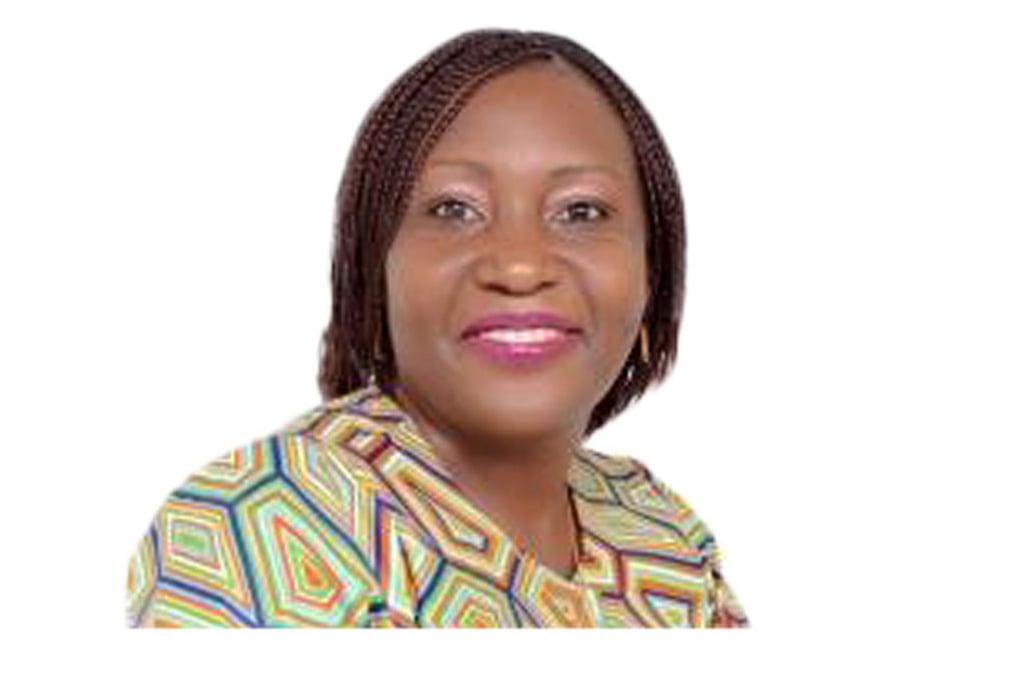Elections are a bad idea
What you need to know:
- In Uganda, Covid-19 has deprived us of the usual distractions found in bars, events and other public entertainments. And Premiership and Champions League football are not what they used to be.
Covid-19 has hit us hard. People have lost their jobs. Businesses have been shuttered as the bitter swill of economic fallout is felt by all. However, because of and not in spite of the cost of elections, the government shall limp ahead with them.
According to Alliance for Campaign Finance Monitoring (ACFIM), President Museveni is estimated to have spent a minimum of $231m (Shs773b) in the 2016 campaigns.
The said Alliance predicts that contestants for the MP position in 2021 will need between Shs500 million ($137,000) and Shs1billion ($274,000) to spend. Meanwhile, contestants for district chairperson (LC5) seats at local government level will likely part with between Shs300 million (US$ 82,000) and Shs500 million ($137,000).
The President, with rivals snapping at his heels, will spend more in this election cycle. The country will be awash with so much liquidity that wananchi shall enjoy the spoils from bribes, handouts and other forms of baksheesh which punctuate patronage politics. It will be a party all around as we partake of Museveni’s and his opponent’s palm-greasing ‘gifts.’ Aggregate demand will also rise to our shared H-Fives.
So the party will, sadly, screech to a halt as inflation results from an economy flush with increased money supply during the campaign period.
The “aftermathematics” of the elections will point to a demand-pull inflation as demand sails north and supply trips south to reveal prices of goods and services gone through the rafters.
While most of us feel the pinch, investors will enjoy a boost. If they can charge more for their products as a result of a surge in demand for their goods.
In other words, inflation can provide investors with pricing power and increase their profit margins.
The problem here, as MP and accountant Nandala Mafabi once said, is that these investors are 10 per cent of the population. And so the rich are bound to get richer while the poor are further disinherited.
This spells doom, according to a book by Walter Scheidel entitled, The Great Leveler: Violence and the History of Inequality from the Stone Age to the Twenty-First Century.
Economic inequality, he writes, has historically only been rectified by one of the “Four Horsemen of Levelling”: warfare, revolution, state collapse and plague.
“For more substantial levelling to occur, the established order needs to be shaken up,” he says. “The greater the shock to the system, the easier it becomes to reduce privilege at the top.”
Demographic transformations will add to this pressure-cooker situation, in light of the youth being 78 per cent of a population, which is largely unemployed.
The youth are also the ones who desire change most.
This is not peculiar since leaders of the NRA were mostly in their 20s and early 30s, with President Museveni being something of a spring chicken at 42 years of age, in 1986.
So why hold elections in spite of such risks?
Well, one is to crudely put money into people’s pockets. Another answer is found in ancient Rome and human nature. The Roman people loved spectacle. So there were coliseums built, public executions staged.
These gave the people the opportunity of escapism as grand public displays assaulted their senses and heightened their emotions. Thereby taking their minds off everything going wrong in their lives.
In Uganda, Covid-19 has deprived us of the usual distractions found in bars, events and other public entertainments. And Premiership and Champions League football are not what they used to be.
So elections will serve up the spectacle that shall divert us from our problems. But, tragically, this diversion will be fraught with potentially dangerous consequences.
Mr Matogo is the managing editor Fasihi Magazine.
[email protected]




